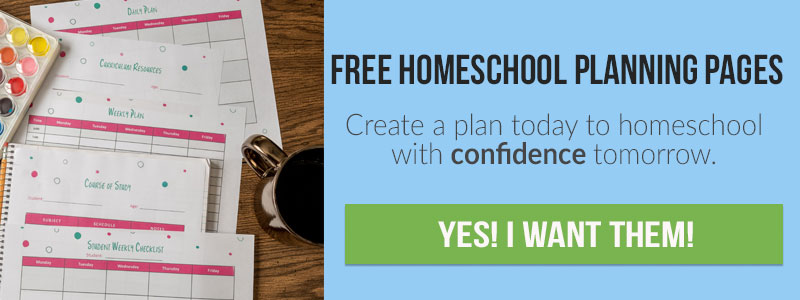
When my daughter was two years old, she had the cutest habit of picking up her toy cell phone, holding it to her ear, and making a noise somewhere between a growl and a disgusted sigh.
“Look,” we would laugh. “Where did she learn that?”
Until one day I was driving down a stretch of rural highway we often traveled and my phone dropped a call yet again. The noise of disgust was barely out of my mouth when I realized exactly where Olivia picked up that little habit. Whoops.
Somebody’s watching you
Every mother knows our young children are imitators of our actions and attitudes. Little ones pretend to talk on our cell phones, scold the dog, or sit down to “nurse” their baby dolls in direct imitation of our actions.
We may not consider, though, how much our older kids also are watching very carefully and imitating our actions and attitudes — whether we want them to or not. It isn’t until we are (gob) smacked in the face with some unsightly behavior that, if we are honest, we recognize as a reflection of our own bad habits, that we remember we are always setting an example. For good or for bad.
Listen or read more of this post
The human brain is wired to learn by imitation even if we aren’t purposefully trying to learn that way. Research has shown we have special mirror neurons in our brains that are constantly learning from what we see. So, just observing a behavior actually forms the same neural pathways as doing a behavior. We can learn a habit just by watching someone else do it.
This has far-reaching implications for the homeschool mom. Our kids are not just learning the mathematics, history, and science we teach. They are learning work habits, attitudes towards learning, and so much more.
Uh-oh.
How inconsistent words and actions cause problems
We chatted last week about some of the bad habits that might be causing us to sabotage our homeschools. It turns out, that the presence of these habits go beyond just making our days miserable and us feel bad. They can also affect our kids’ attitudes and their behavior in our homes.
Here are a few of the ways inconsistencies in our actions and words can cause trouble.
First, inconsistencies like these cause frustrations in kids. Kids are much more stressed when a parent is telling them to do something and then the parent’s actions go opposite of that. So if I want my kids to read more, then they should see me read more. If I want school to start at 9:00 every day, then I need to be at the table and ready, not just hopping into the shower as I yell at them to get started on math.
Inconsistencies between words and deeds also cause my effectiveness as a parent and teacher to be diminished. If I don’t show that learning is important by faithfully doing school every day, then any tirades about the importance of an education tend to fall on deaf ears. If I don’t require the best from myself, they see the disingenuousness when I ask it of them.
Finally, when I am inconsistent in my words and deeds I have to discipline more. Kids push back more; act up more; don’t take me seriously as a parent. In turn, I find myself more frustrated and struggling with my own behavior in response to them. It’s a slippery slope to frustration.
Sure, it is cute when the two-year-old growls at her “cell phone”. But when the twelve-year-old turns to growling at me out of frustration, the situation isn’t so cute anymore. It’s a wake-up call. Maybe it’s time for me to reconsider what things I am teaching with my actions and not just my words.
I’ll be back next week to talk about the proactive versus reactive homeschooler and how a few simple strategies will have you prepared for whatever life might throw at you so you can keep those attitudes imitation-worthy. Be sure to subscribe so you don’t miss it.
For more tools like this and help with consistency in your homeschool, check out the Homeschool Consistency Bootcamp.
- Homeschooling Boys with Durenda Wilson - April 12, 2024
- What About Lab Sciences? with Dr. Moon - March 29, 2024
- Can I Teach Everything My High Schooler Needs to Know? - March 15, 2024



